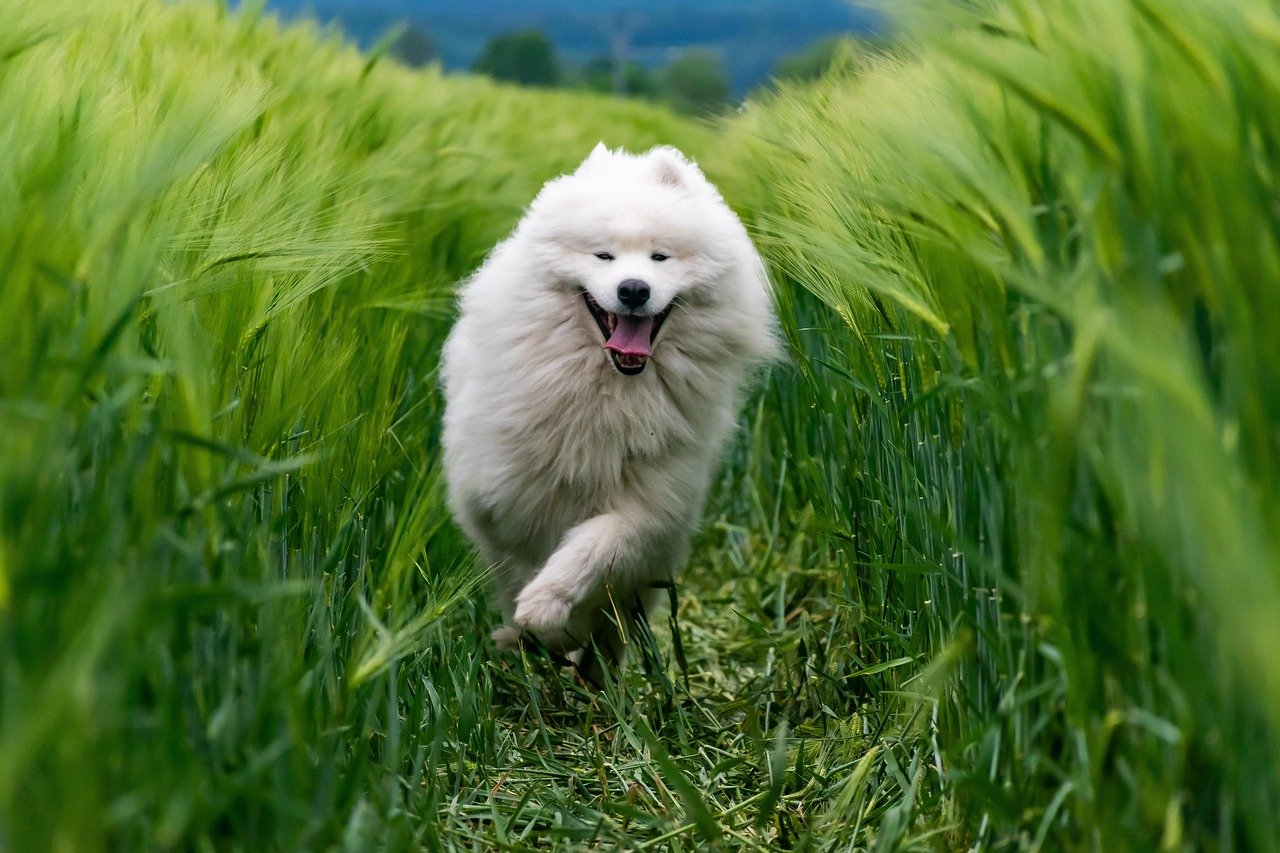Have you ever gazed into your dog’s soulful eyes and felt like they could understand every emotion you felt? It’s not your imagination—some dogs are truly more sensitive than others, soaking up the moods and energies around them like emotional sponges. For dog lovers, learning that your furry friend is especially tender-hearted can be both heartwarming and a bit overwhelming. Sensitive dogs pick up on scolding, loud noises, and even changes in your routine, which can make caring for them a unique challenge. If you have—or are considering—a breed known for its delicate feelings, understanding their needs is the key to a truly rewarding bond. Let’s take a closer look at 18 dog breeds that are surprisingly sensitive, and discover gentle ways to help them thrive.
Border Collie
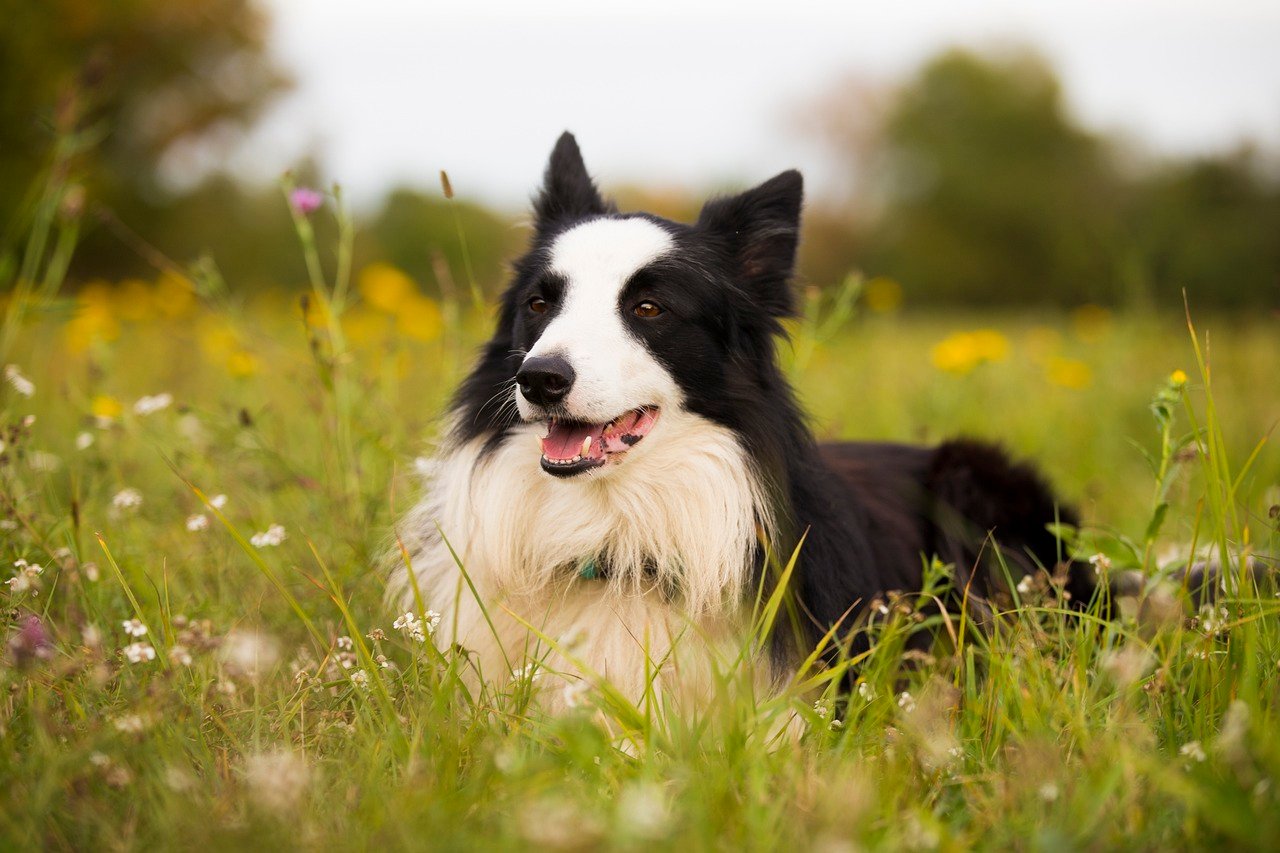
Not all dogs are rough-and-tumble extroverts—some are surprisingly sensitive souls who thrive on gentle handling, calm environments, and thoughtful communication. These breeds may be especially responsive to tone, body language, and emotional shifts in their humans, which means they need a softer, more understanding approach to training and daily interactions.
Border Collies are famous for their intelligence and energy, but many people are surprised to learn just how emotionally sensitive they can be. These dogs quickly pick up on their owner’s mood and can become anxious if there is stress or tension in the home. They respond best to calm, positive reinforcement and gentle guidance. Harsh training methods or yelling can make a Border Collie shut down or even develop nervous habits, like compulsive chasing or barking. If you own a Border Collie, providing mental stimulation through games and tasks, along with lots of praise and patience, works wonders. They thrive in environments where their emotional needs are respected, and where they feel like valued members of the family. Taking time to build trust and offering consistent routines can help these sensitive souls feel safe and loved.
Whippet
Whippets are sleek, speedy, and known for their gentle, sensitive nature. They’re often called “velcro dogs” because they love to stick close to their humans, craving comfort and reassurance. Whippets can become shy or withdrawn if treated roughly or left alone too often. Loud noises or chaotic environments may overwhelm them, causing them to seek out quiet spaces or even tremble with anxiety. To help a Whippet feel secure, create a calm home environment and use soft, encouraging tones during training. Gentle handling and positive attention help them blossom. Since they bond so closely with their owners, regular cuddles and soothing routines can make all the difference for this affectionate breed.
Cavalier King Charles Spaniel
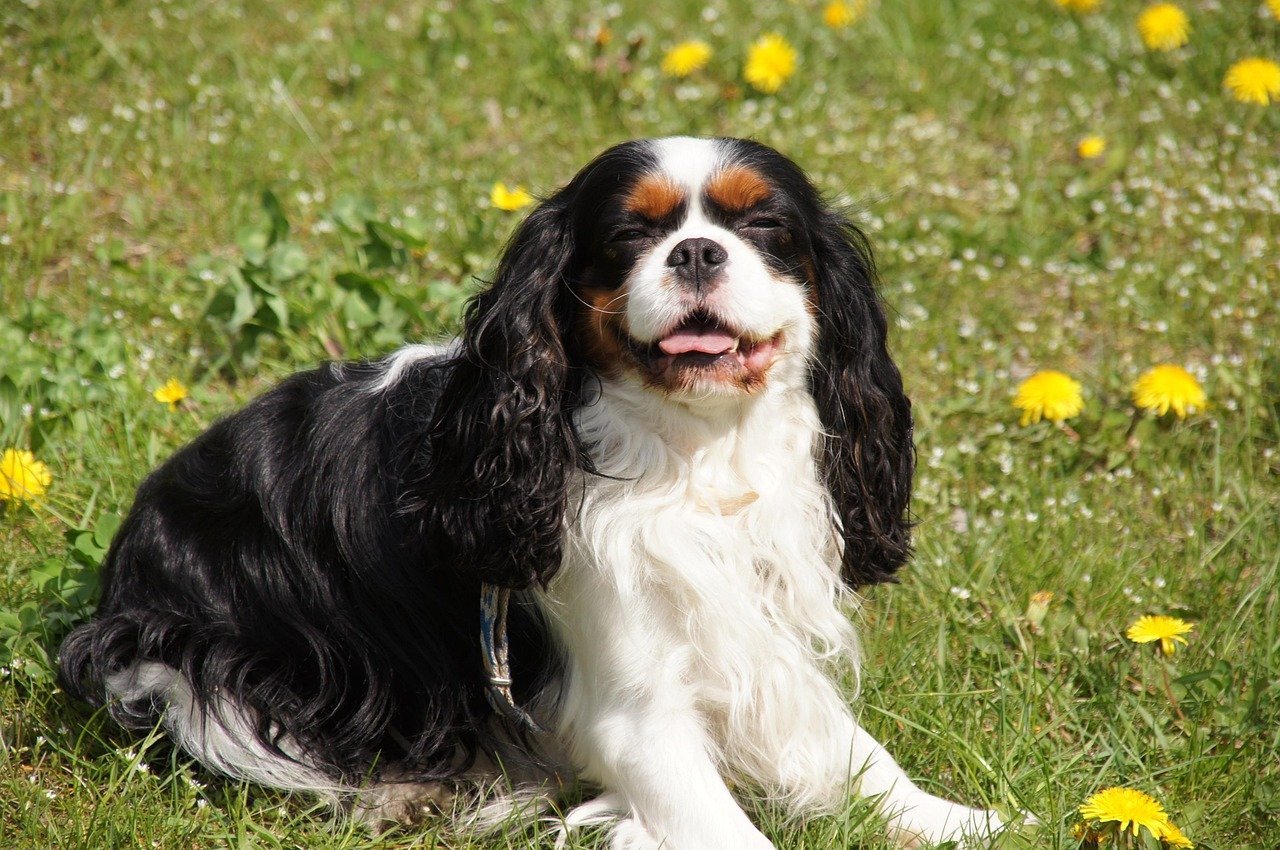
Few breeds are as emotionally attuned as the Cavalier King Charles Spaniel. These charming little dogs have big hearts and a strong desire to please. They are incredibly empathetic, often mirroring their owner’s feelings. Harsh discipline can deeply hurt their feelings, sometimes leading to sulking or a loss of trust. Cavaliers respond best to kind, consistent training and lots of gentle praise. They love being around people and can experience separation anxiety if left alone for too long. Providing companionship and a stable routine helps these dogs feel at ease. Their sensitivity makes them wonderful therapy dogs, but it also means they need extra tenderness from their families.
Shetland Sheepdog
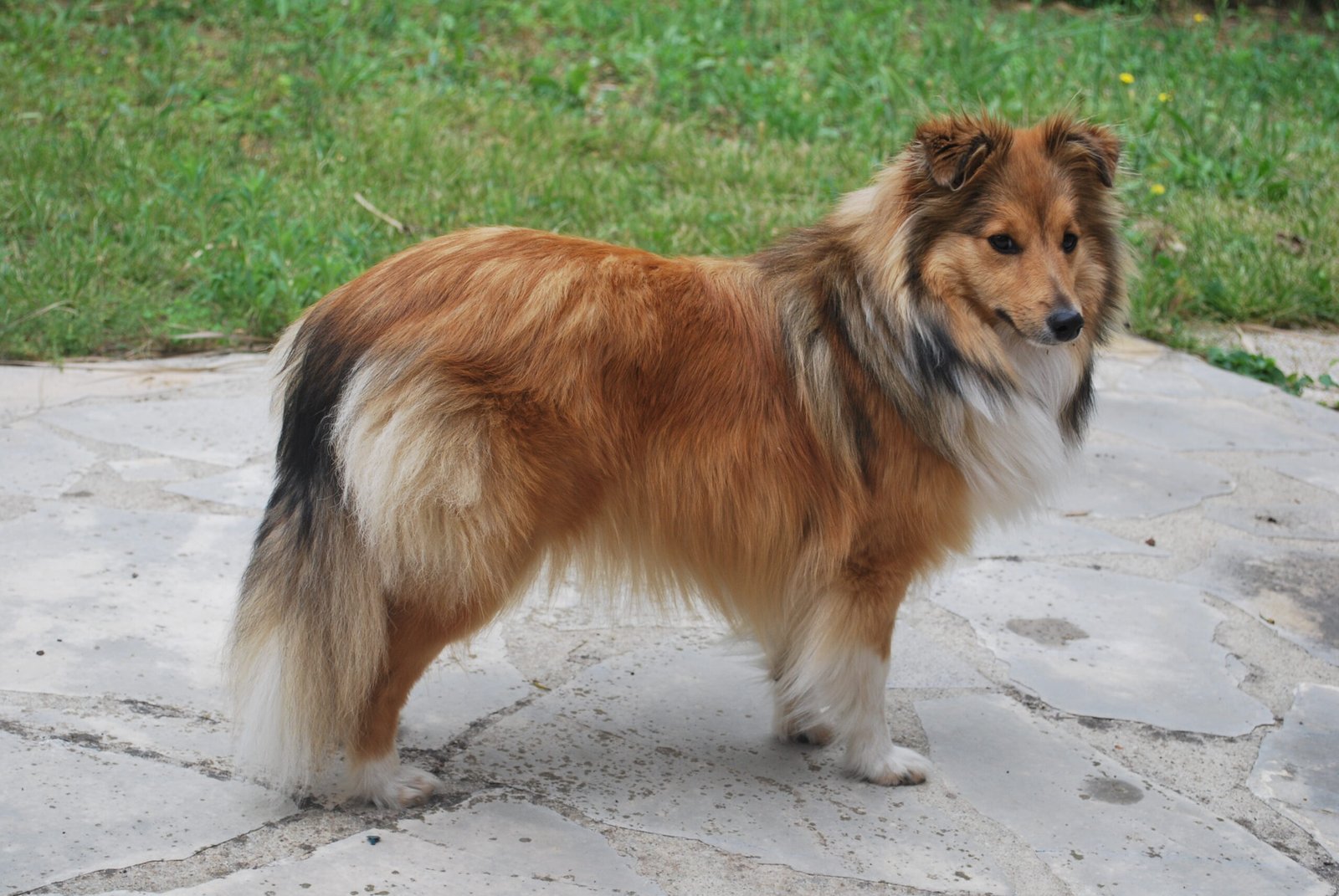
Shetland Sheepdogs, or Shelties, are known for their intelligence and devotion, but sensitivity is also at the core of their personalities. They are quick to notice changes in their surroundings or in their owner’s mood, and they can react strongly to loud voices or sudden movements. Training a Sheltie with harsh words or punishment can make them nervous and less eager to learn. Instead, gentle encouragement and positive feedback are essential. Shelties enjoy routines and feel most comfortable when they know what to expect. Creating a peaceful environment and offering plenty of affection will help your Sheltie thrive emotionally and mentally.
Italian Greyhound
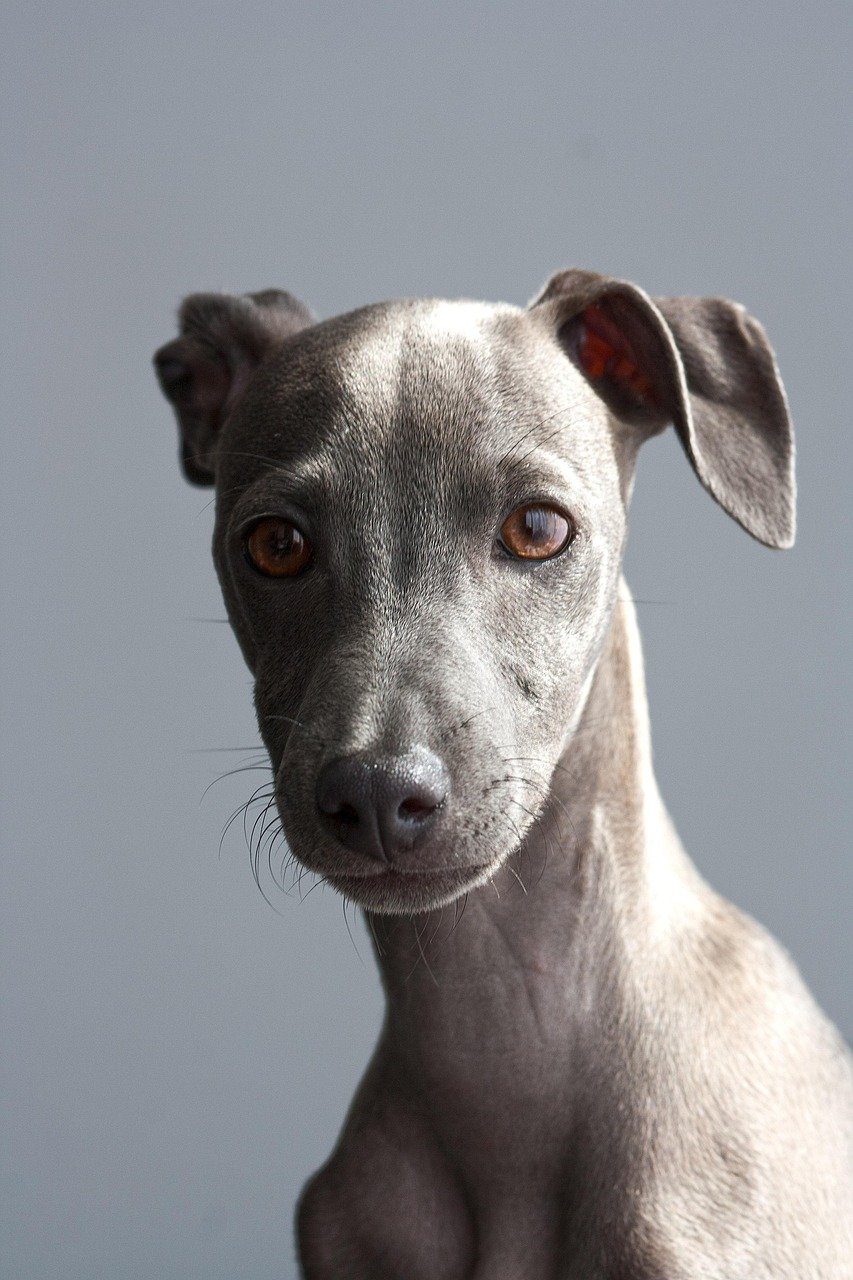
Delicate and elegant, Italian Greyhounds are well-known for their sensitive souls. They are highly attuned to their owners and can become anxious if they sense tension. Italian Greyhounds can be startled by sudden sounds or changes in routine, sometimes reacting by shivering or hiding. Gentle handling is a must, as rough play or harsh discipline can break their trust. These dogs do best with soft voices, patient training, and lots of cuddles. Keeping them warm and comfortable, especially in colder months, is also important for their well-being. An Italian Greyhound who feels safe will reward you with boundless affection and loyalty.
Shih Tzu

Shih Tzus may have a regal appearance, but underneath their flowing coats are tender, sensitive hearts. They are deeply attached to their owners and can be easily hurt by harsh words or neglect. Shih Tzus thrive on positive reinforcement, gentle petting, and routines that give them a sense of security. Loud environments or being left alone for extended periods can lead to anxiety or even behavioral problems. It’s important to approach training with patience and calm encouragement. Regular bonding time, such as brushing their coat or quiet cuddles, reassures them and strengthens your connection.
Papillon
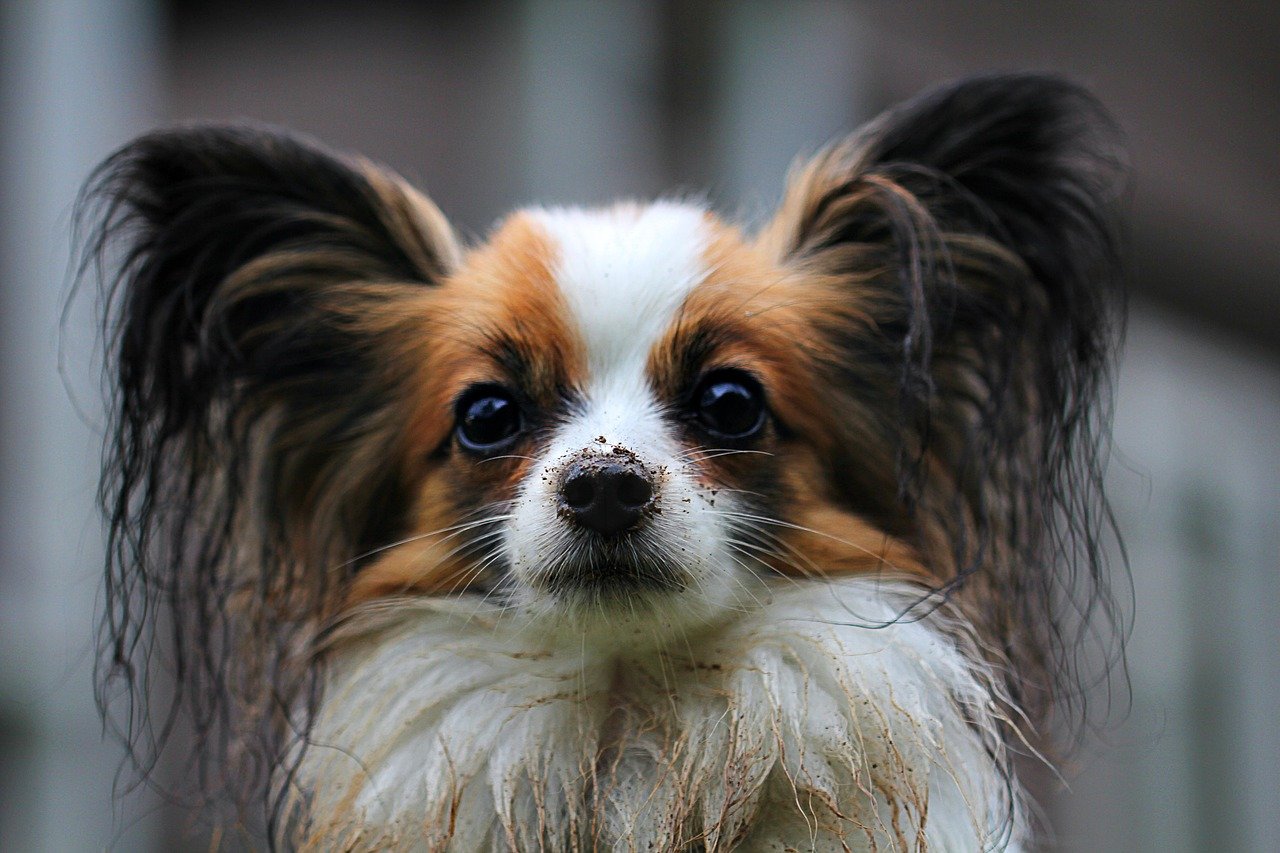
Papillons, with their butterfly-like ears and lively personalities, are surprisingly sensitive beneath their cheerful exteriors. They are highly perceptive and can pick up on subtle cues from their owners. Negative feedback or abrupt changes can make them withdrawn or anxious. Papillons excel with positive training methods that focus on rewards and praise. Their small size makes them more vulnerable to rough handling, so gentle interaction is essential. They bond closely with their families and can suffer from separation anxiety if left alone too much. Consistent routines and lots of love help these little dogs flourish.
Bichon Frise
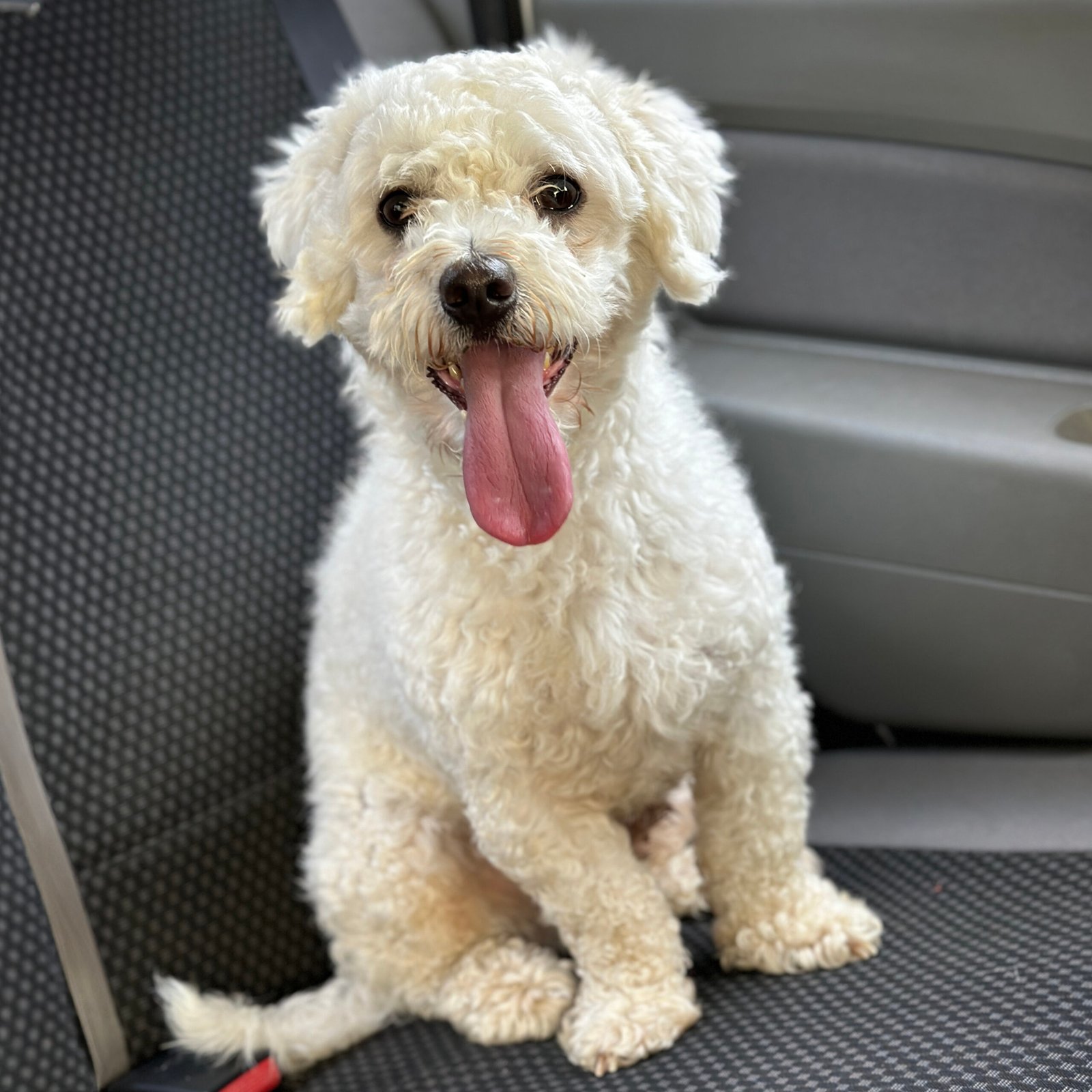
Bichon Frises are often seen as happy-go-lucky, but they are also quite sensitive to their environment and the emotions of those around them. A Bichon will pick up on stress or tension in the home, sometimes reacting with nervous behaviors or clinging to their owners. They respond best to gentle, upbeat training and plenty of positive attention. Avoid raising your voice or sudden scolding, as this can make them anxious. Bichons love affection and thrive in homes where they are treated as cherished companions. Playful games, soft petting, and reassuring words go a long way in making them feel secure.
Australian Shepherd
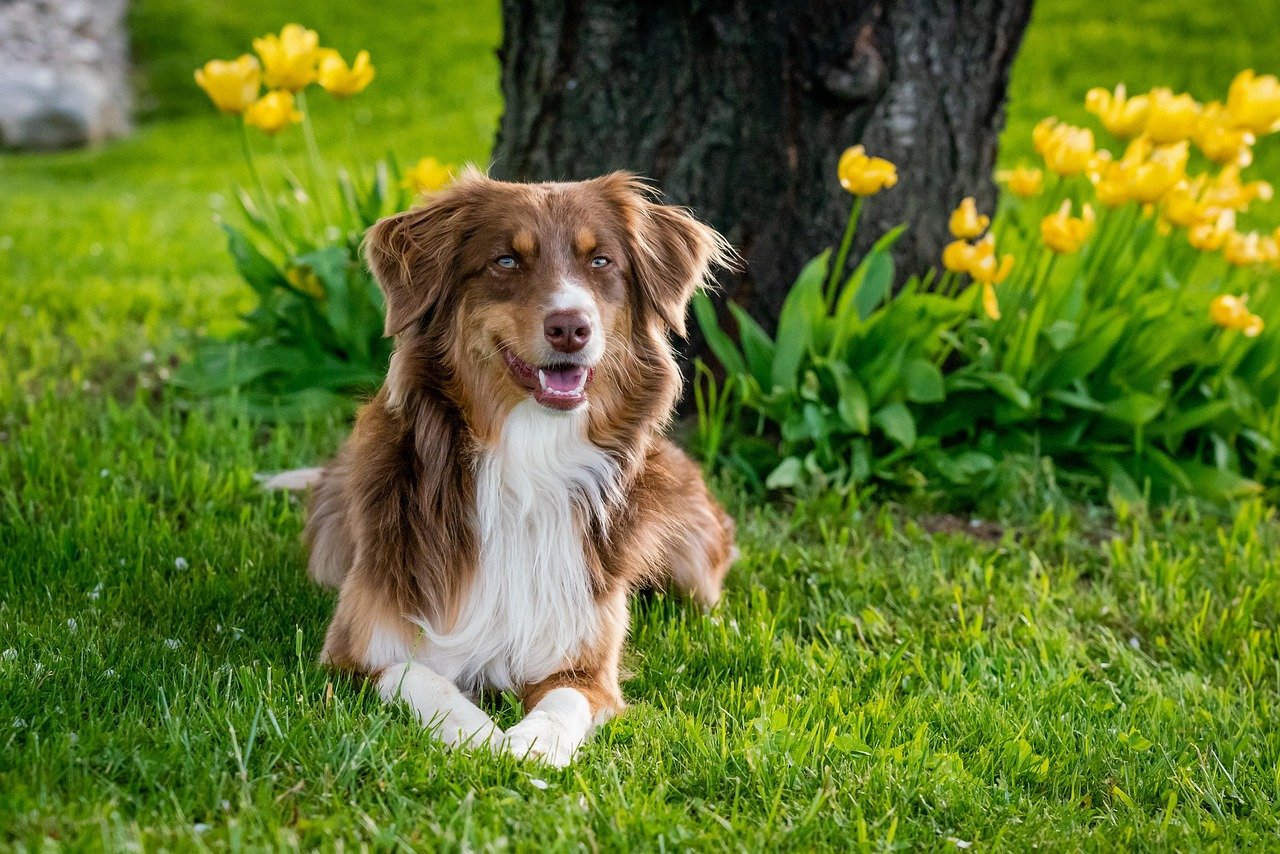
Energetic and intelligent, Australian Shepherds are also known for their emotional sensitivity. These dogs are quick learners but may become overwhelmed by harsh correction or chaotic environments. Aussies form strong bonds with their families and can become anxious if they feel left out or misunderstood. Training should be based on patience, reward, and encouragement. Providing a predictable routine and plenty of physical and mental stimulation helps reduce their anxiety. Because they are so attuned to their owners, maintaining a calm and positive attitude around them is key to their happiness.
Chihuahua
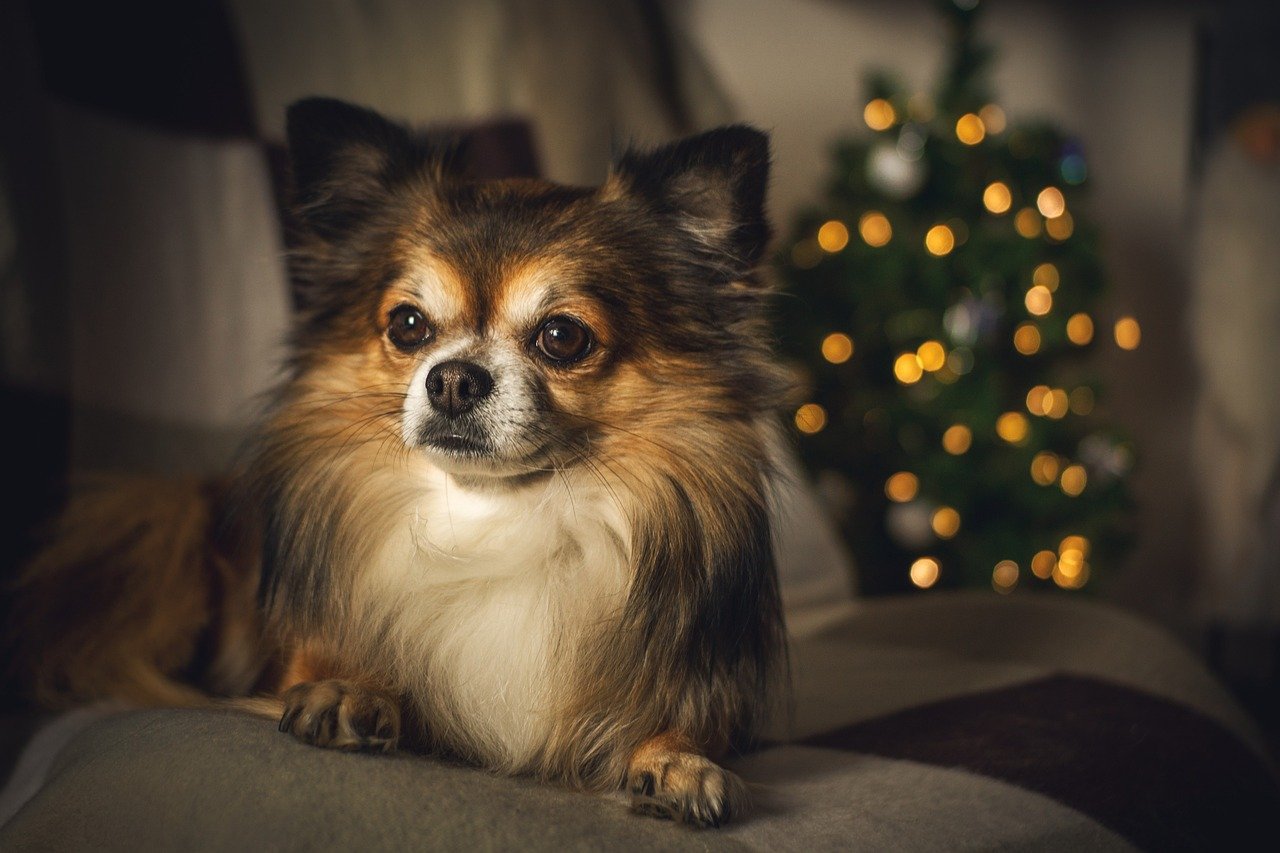
Chihuahuas may be tiny, but their feelings are anything but small. These little dogs are highly alert and sensitive to changes in their surroundings. Loud noises, sudden movements, or rough handling can frighten them, sometimes causing them to become snappy or withdrawn. Gentle handling and soft, consistent routines help build their confidence. Chihuahuas love to be close to their owners and can become anxious if left alone for too long. Positive reinforcement and lots of reassuring cuddles make them feel safe and loved.
English Cocker Spaniel
English Cocker Spaniels are known for their sweet, affectionate dispositions, but they are also among the more sensitive breeds. They are quick to notice their owner’s tone of voice and can become disheartened by scolding or rough treatment. Positive reinforcement and gentle, consistent training bring out the best in them. English Cockers love companionship and can develop separation anxiety if left alone too often. Offering them plenty of love, attention, and interactive play helps them feel secure and happy.
Samoyed
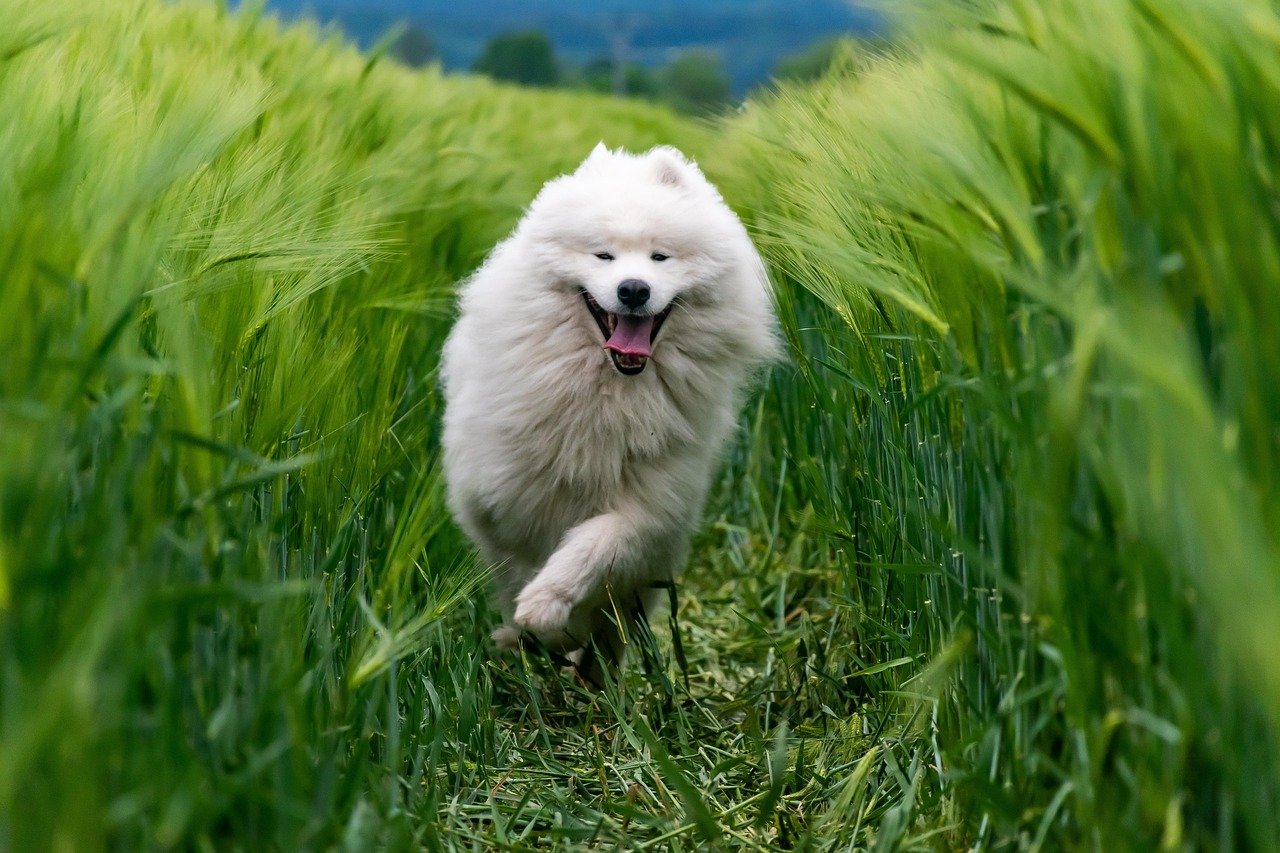
With their fluffy white coats and perpetual “smile,” Samoyeds might seem carefree, but they are actually highly sensitive dogs. They form deep bonds with their families and can become anxious or withdrawn if they sense discord. Samoyeds respond well to gentle training and lots of praise. Harsh methods or neglect can lead to stress and behavioral problems. Creating a happy, harmonious home environment and spending quality time together is crucial for their well-being. Samoyeds also benefit from clear routines and plenty of physical affection.
Doberman Pinscher
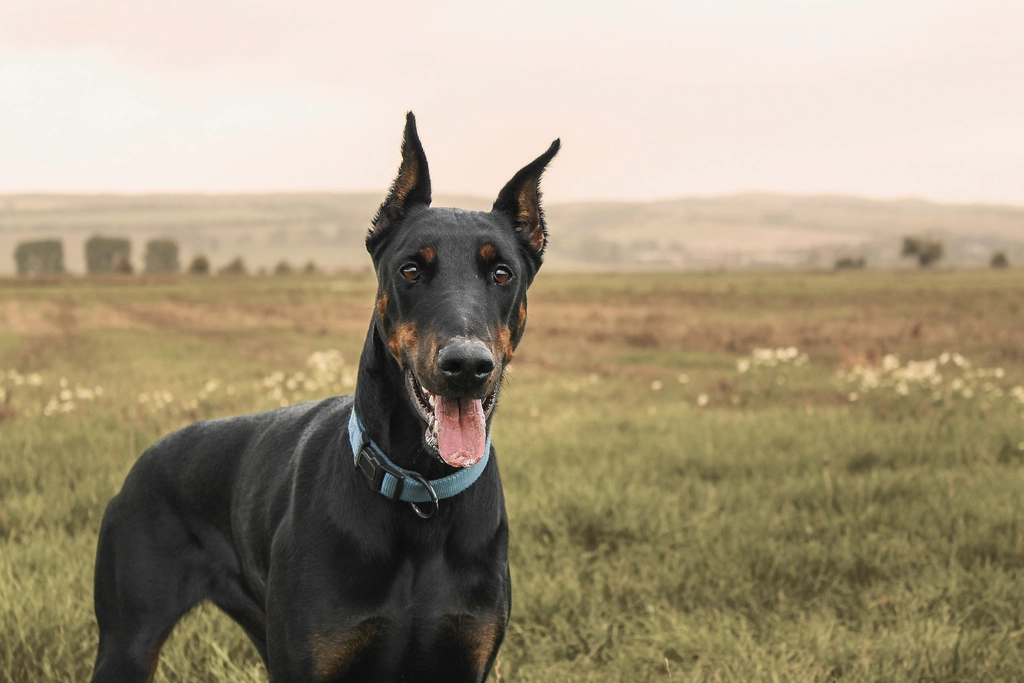
Doberman Pinschers have a reputation as tough protectors, but they are surprisingly sensitive beneath their confident exteriors. They are highly intelligent and attuned to their owner’s emotions. Rough handling or negative training can make them fearful or anxious. Dobermans respond best to positive reinforcement, clear communication, and gentle leadership. They thrive in homes where they feel included and respected. Regular exercise, mental challenges, and affectionate routines help them feel balanced and secure.
Poodle
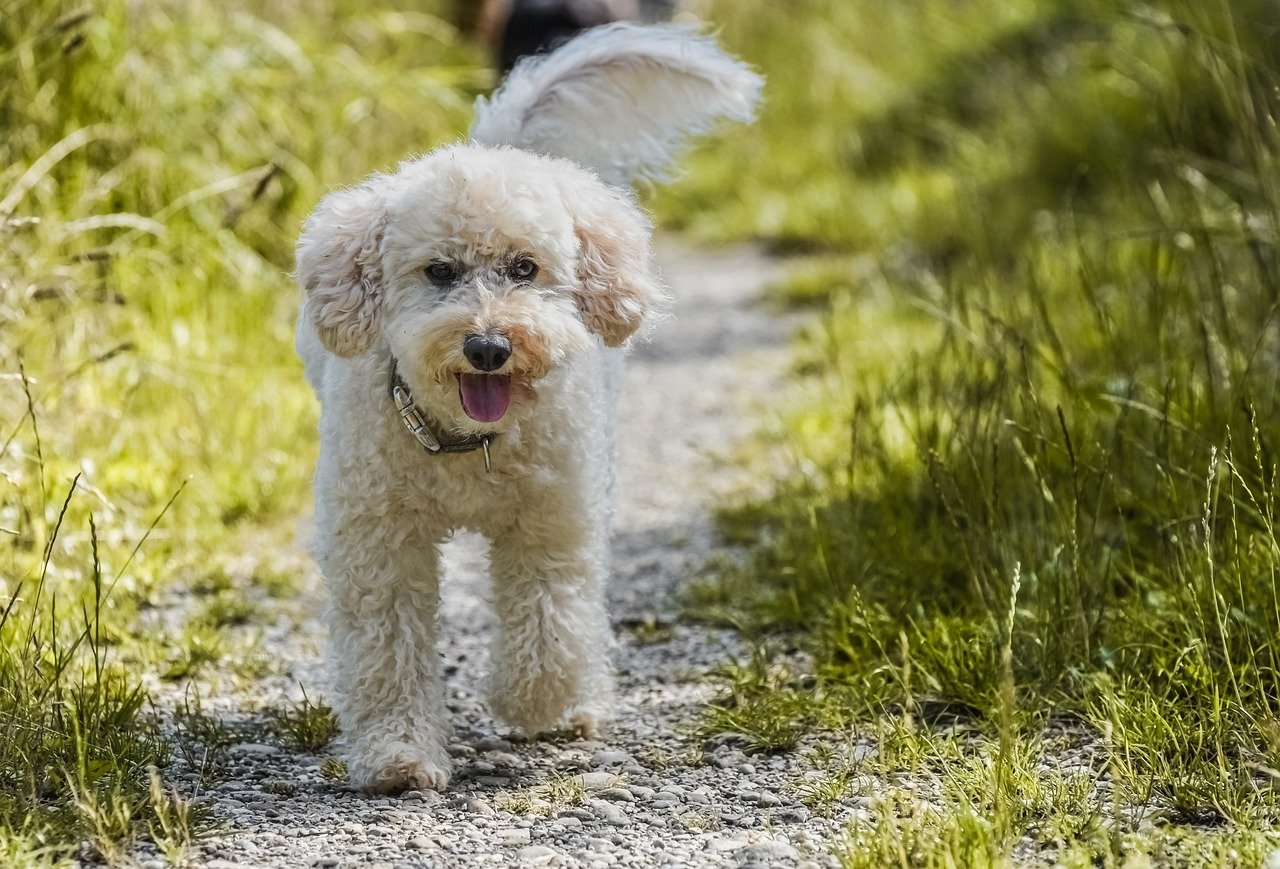
Poodles of all sizes—Toy, Miniature, and Standard—are known for their intelligence and grace, but also for their emotional sensitivity. They notice subtle changes in mood and can become anxious if they sense something is wrong. Poodles do best with patient, reward-based training and lots of positive attention. Harsh words or unpredictable routines can undermine their confidence. Providing a stable environment, regular grooming, and affectionate interaction helps them stay calm and happy. Poodles love to be involved in family life and appreciate gentle, consistent care.
Vizsla
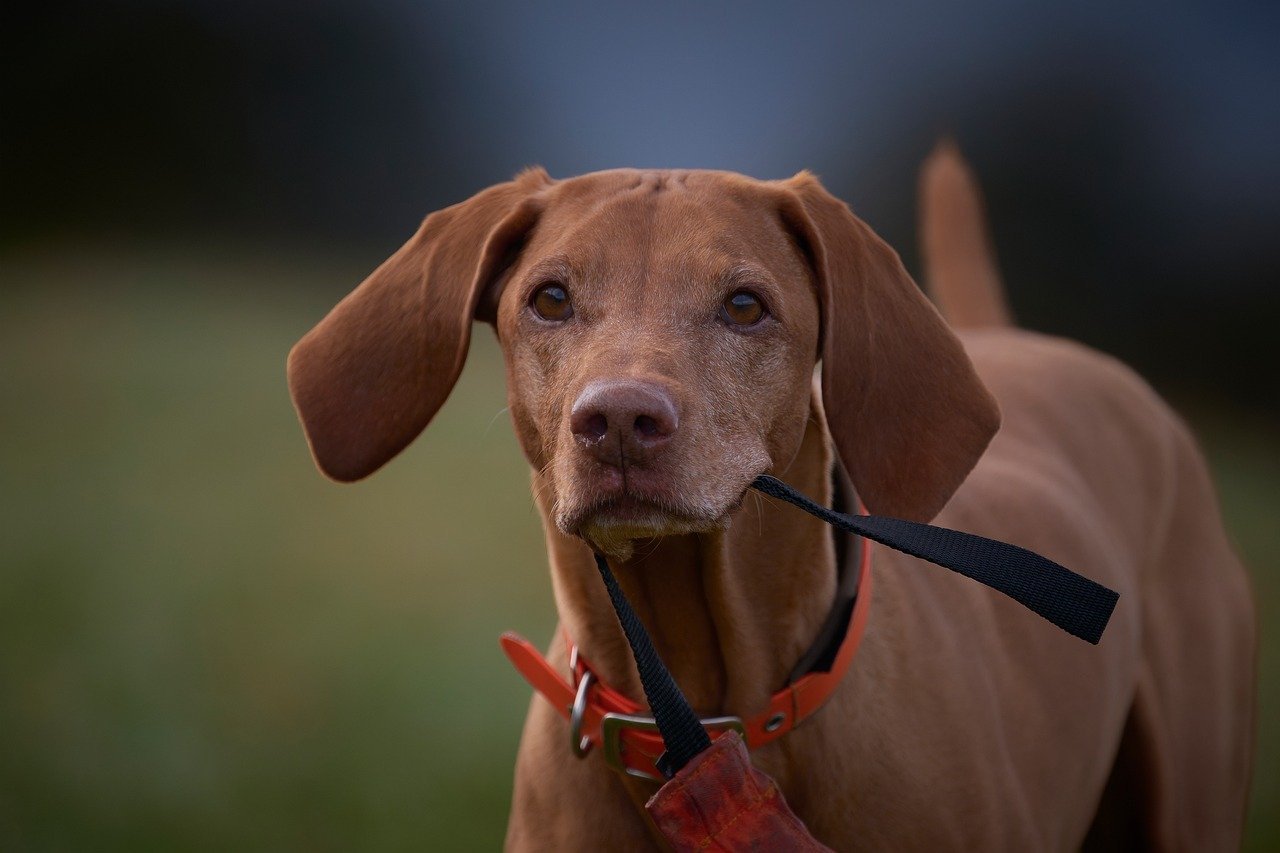
Often called “velcro dogs,” Vizslas form exceptionally strong bonds with their owners and are incredibly sensitive to their emotions. They dislike being left alone and can become anxious or even destructive if they feel neglected. Vizslas respond well to gentle, positive training and thrive on encouragement rather than correction. They need lots of affection, physical exercise, and mental stimulation to feel secure. Creating routines and maintaining close contact helps ease their anxiety and brings out their playful, loving nature.
Japanese Chin
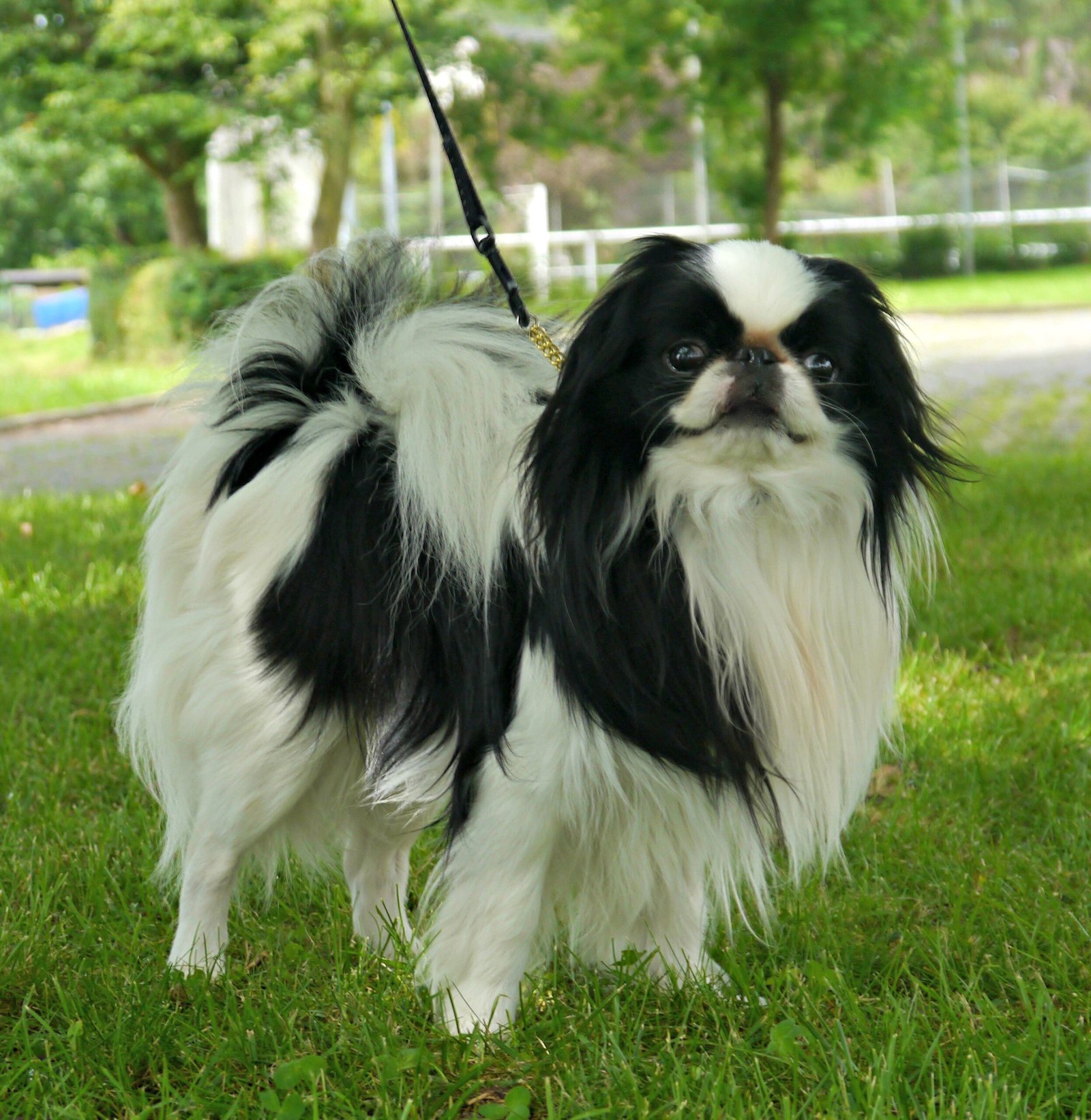
Japanese Chins are delicate, both in body and spirit. They are highly attuned to their owner’s mood and can become withdrawn if exposed to stress or scolding. Gentle handling and lots of positive reinforcement are essential for this breed. Japanese Chins prefer quiet, predictable environments and can be overwhelmed by loud noises or chaotic households. Regular affection, soft-spoken words, and calm routines help them feel safe and cherished. Their sensitivity makes them especially responsive to their owner’s care and attention.
Labrador Retriever
Labrador Retrievers are adored for their friendly, outgoing personalities, but many people don’t realize how sensitive they can be. Labs are eager to please and react strongly to their owner’s tone of voice. Harsh discipline or negative feedback can make them anxious or withdrawn. Labs thrive on positive training methods, clear communication, and lots of praise. They love being part of a family and may develop separation anxiety if left alone too long. Providing regular exercise, consistent routines, and plenty of affection helps them feel secure and happy.
West Highland White Terrier (Westie)
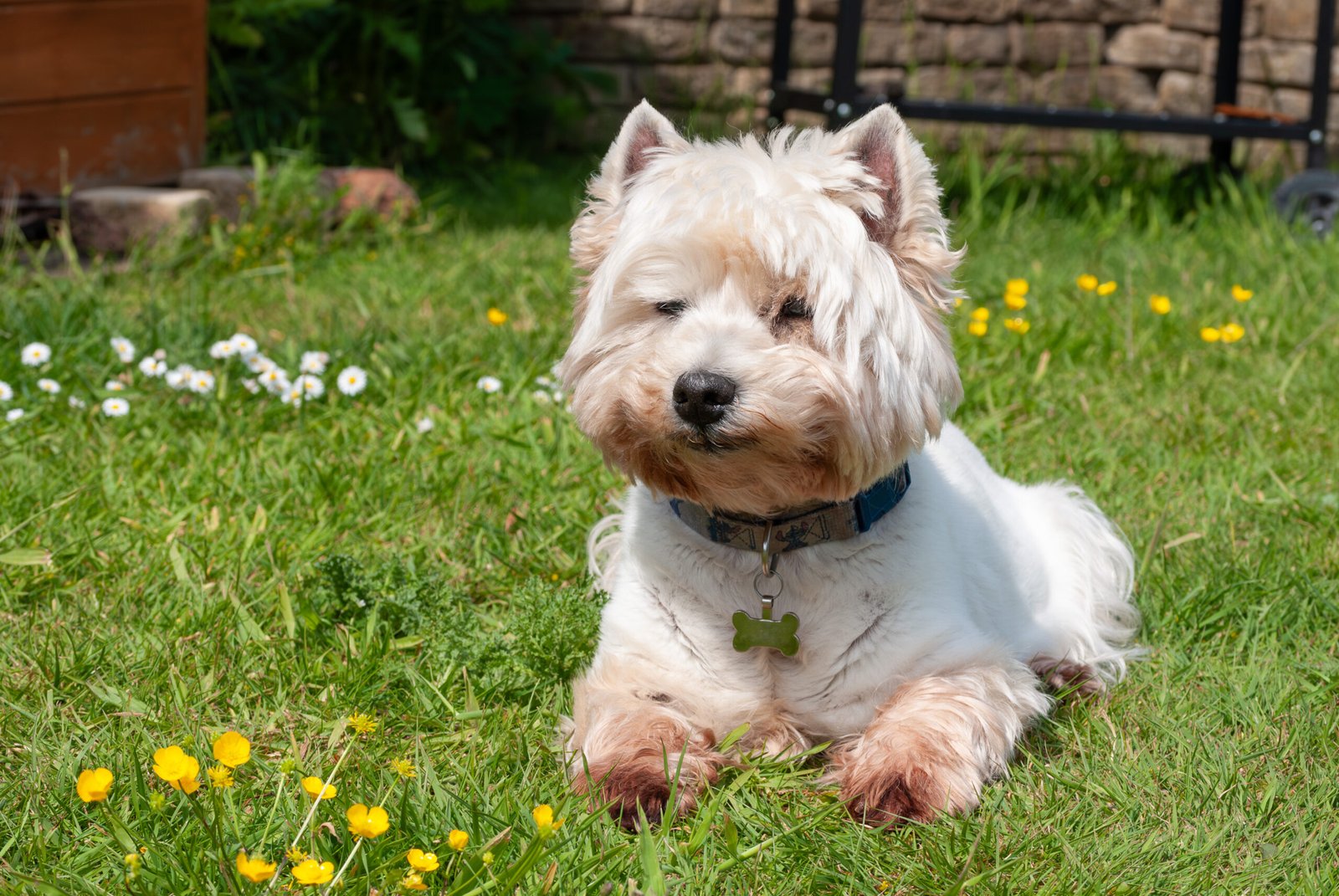
Westies are bold and lively, but underneath their confident exterior lies a surprisingly sensitive spirit. These terriers pick up on tension and can become stressed by rough handling or unpredictable changes. Westies need gentle, patient training and reassurance to build trust. They enjoy regular routines and thrive when they feel secure in their environment. Offering praise, affection, and consistent care helps these spunky little dogs feel loved and confident in their place within the family.
Sensitive dog breeds may require a bit more patience and emotional awareness, but the rewards are well worth the effort. When treated with kindness and consistency, these dogs form incredibly deep, trusting bonds with their humans. Understanding their unique needs not only prevents stress and behavioral issues—it also helps your dog feel secure, seen, and loved. By approaching them with empathy and gentle guidance, you create a safe environment where their sensitive nature can truly thrive.

Born and bred in South Africa, a Capetonian at heart. Amy-Leigh’s love for nature and animals was inherited from her Dad. He loves taking the family on road trips to experience nature at its finest; Amy-Leigh’s favourite being whale watching in Hermanus and spotting Kudu along the West Coast. Amy-Leigh holds a BA in English Literature and Communication Studies.

